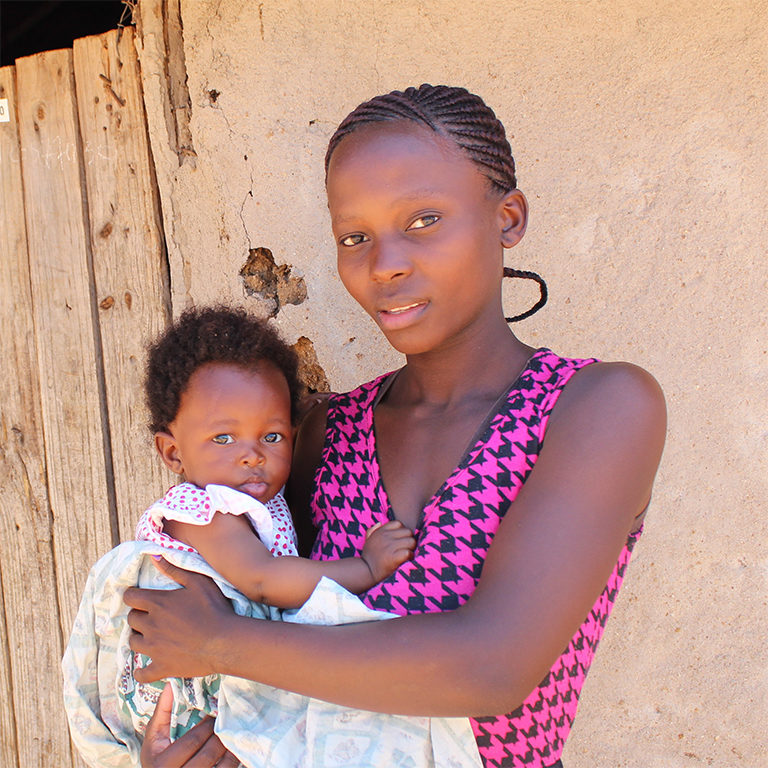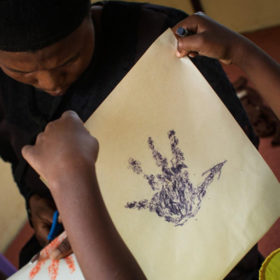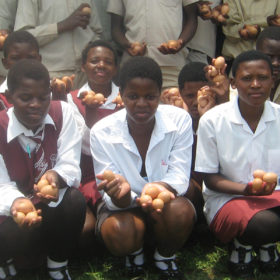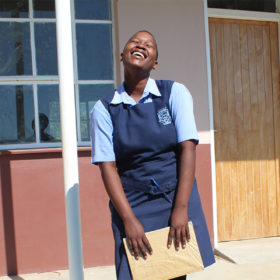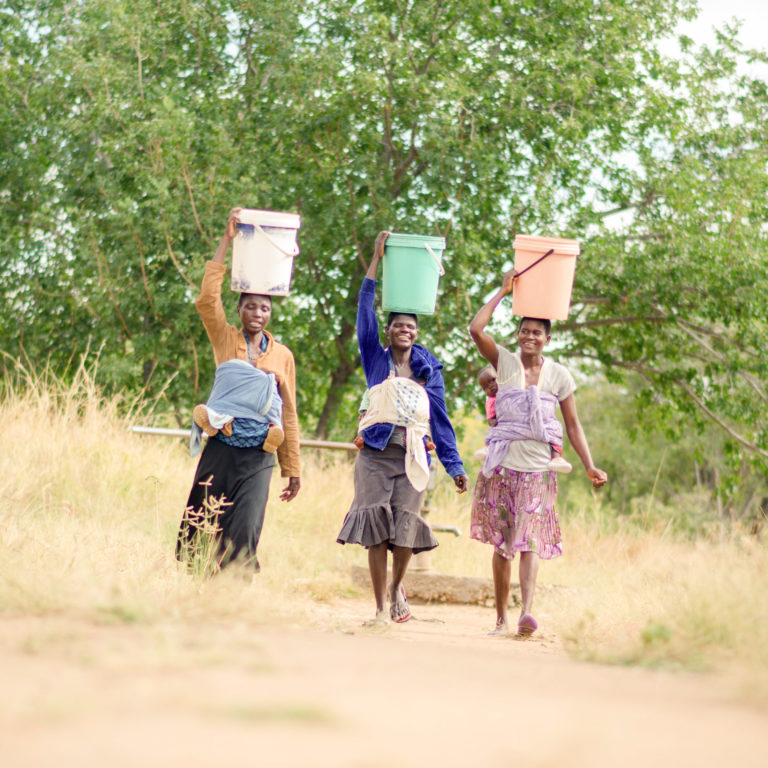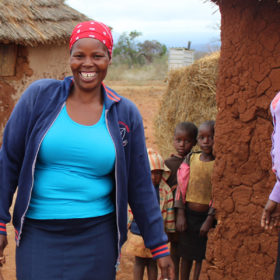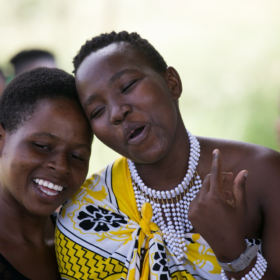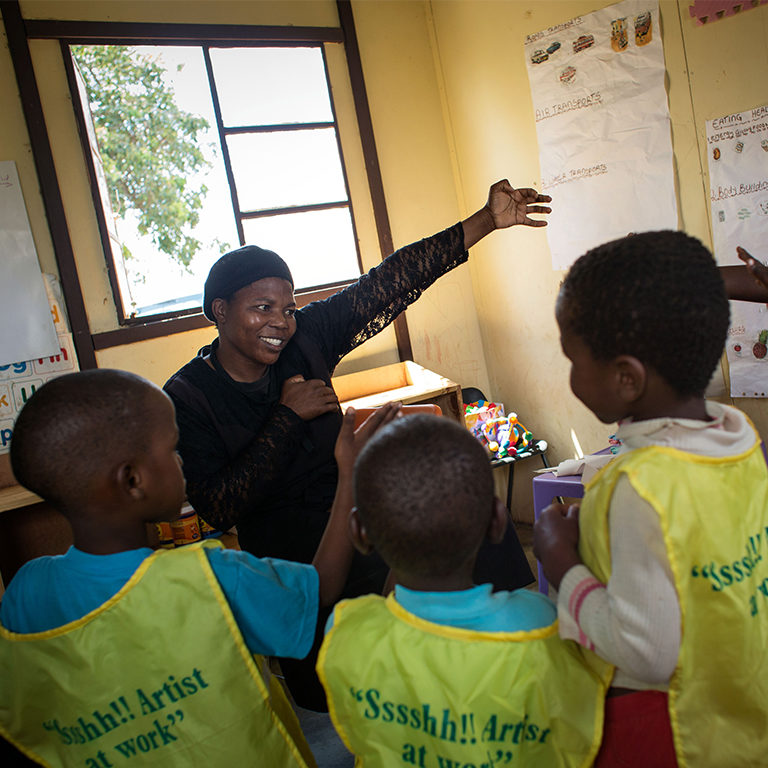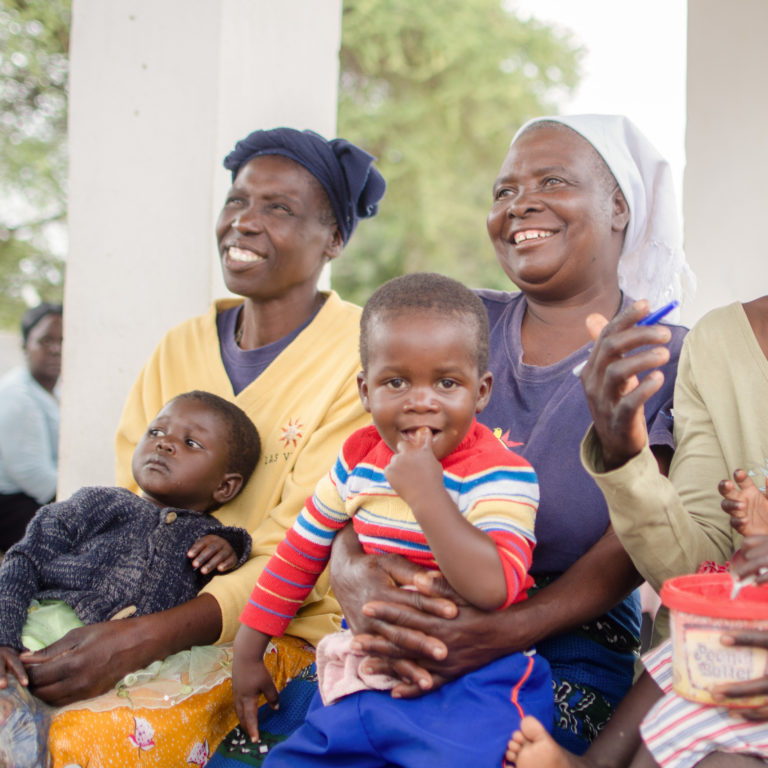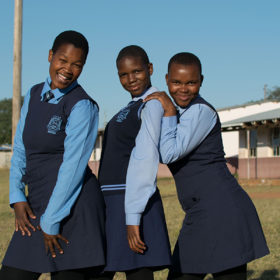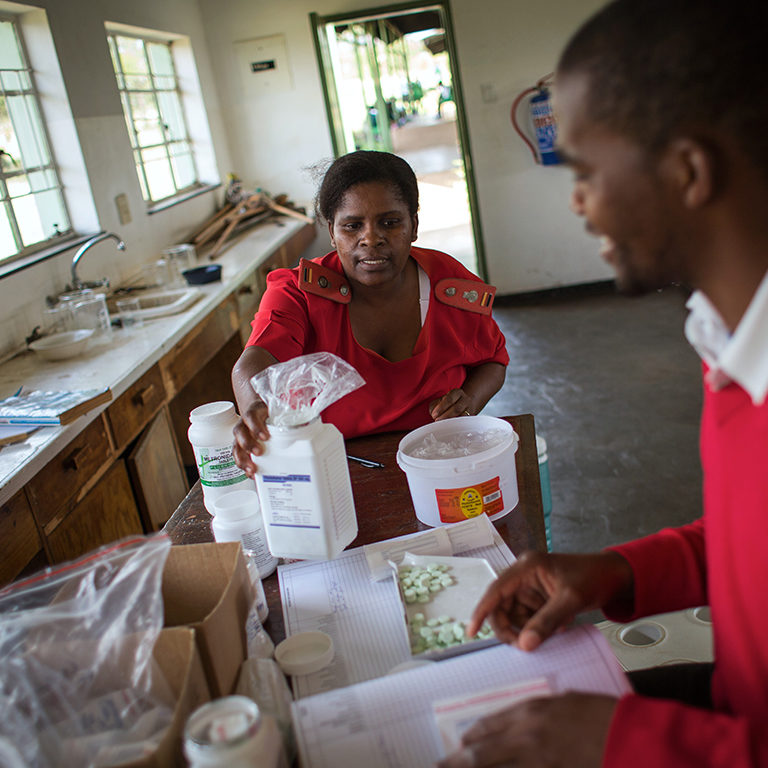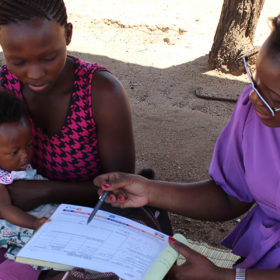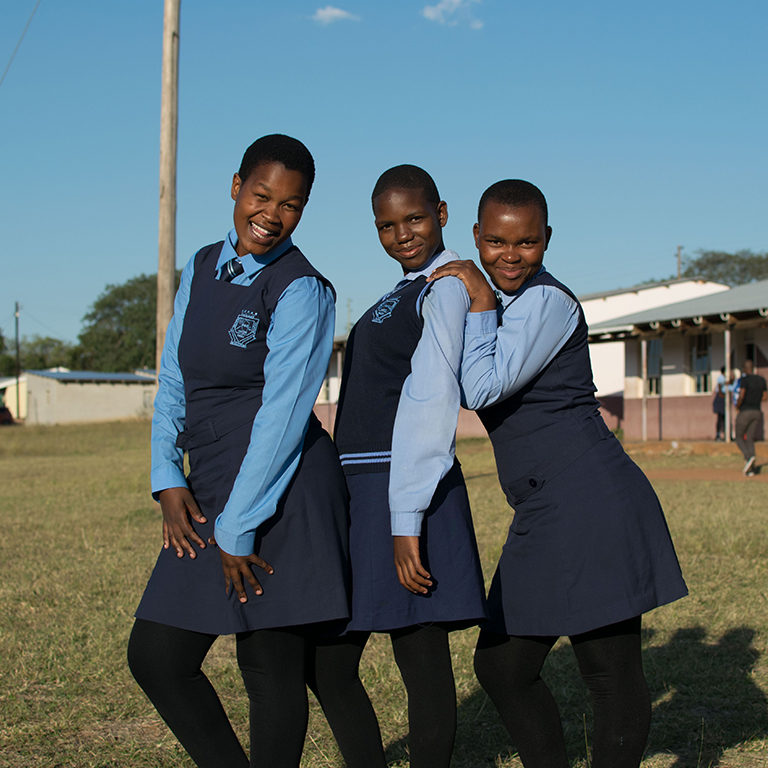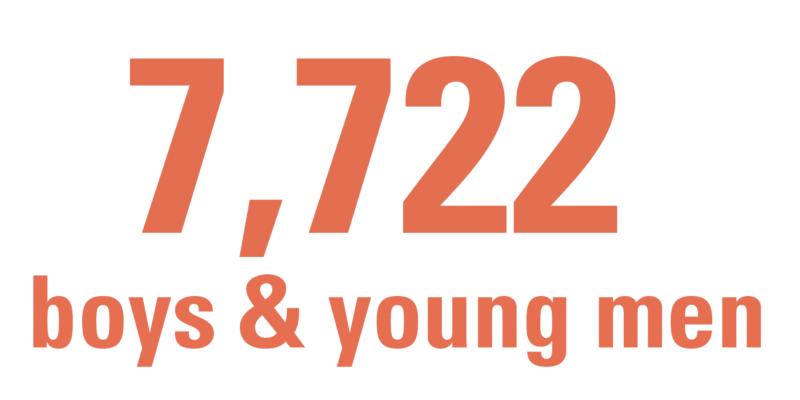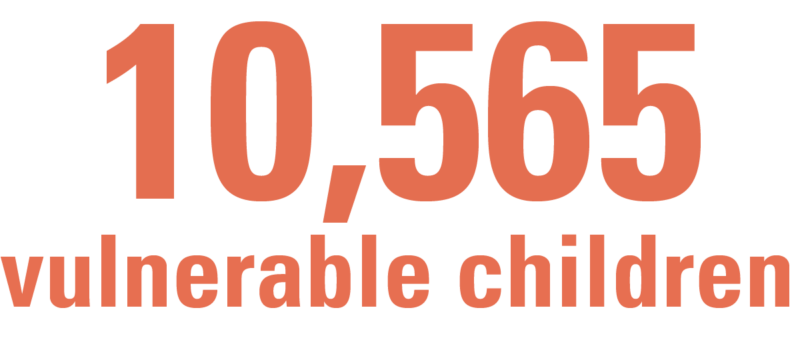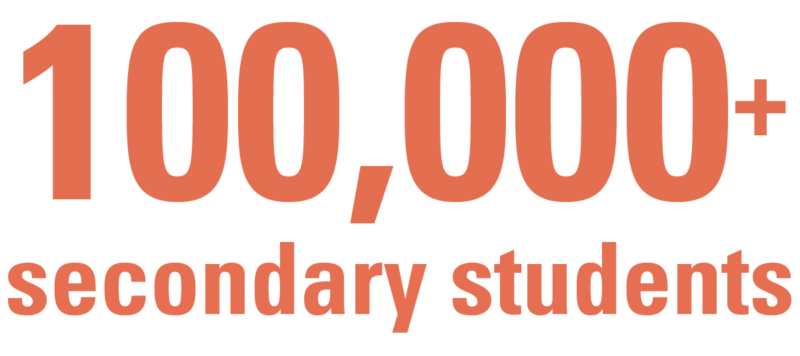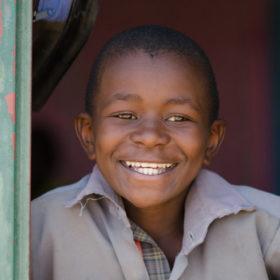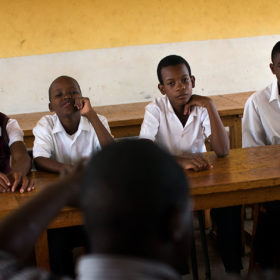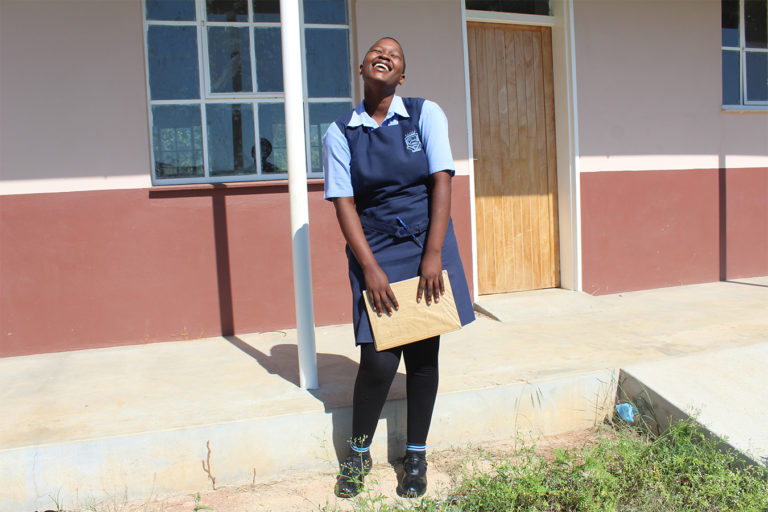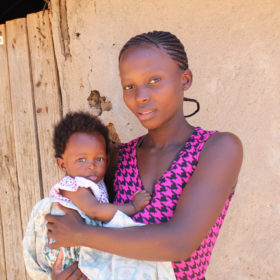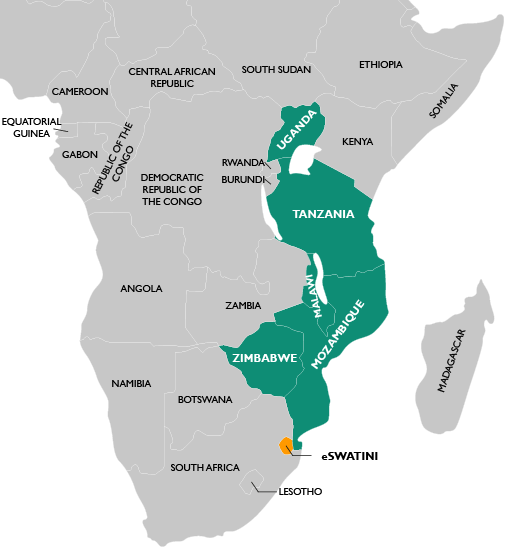
Eswatini
Locally incorporated since 2008, Bantwana Eswatini has evolved into a driving force in program innovation delivering integrated socio-economic, health/HIV, social and child protection, and education interventions with local partners. Rooted in scalable community-based approaches, we are a direct implementer of programming, as well as a key technical partner collaborating with government counterparts for sustainable development at-scale.
Bantwana Eswatini delivers layered innovations around evidence-based curricula, using family-centered and positive youth development approaches that build the assets and agency of youth to mitigate HIV and GBV, and meaningfully participate in their families and communities. Cross-cutting social norms change approaches empower youth and women, and engage men and other key influencers to address unequal gender and social norms that underpin all forms of violence. We adopt an integrated approach to programming, and implement activities collaboratively with community leaders, community based facilitators/community cadres, government departments, coordinating bodies, technical partners and other implementing partners, enabling comprehensive services and linkage of children, adolescents and families into a continuum of care and support.
We provide technical assistance to the Department of Social Welfare and the Ministry of Education and Training to strengthen the national social welfare system, health and education sectors, and scale sustainable, evidence-driven programming.
COVID-19 Response
Since March 2020, Bantwana has delivered results within the COVID-19 context, pivoting programming for remote and restricted delivery based on COVID-19 regulations, adapting programming activities, providing remote working tools and upskilling community cadres and field officers, and adapting job aids and service delivery protocols within the COVID-19 landscape. Bantwana delivered supportive supervision and adapted trainings to innovatively reach targets. The minimum package of services was critical to build capacity of OVC, AGYW and caregivers and support identification, referrals and retention to treatment.
Community cadres used mobile devices, with remote facilitators providing guidance to track, provide basic support and link beneficiaries to services.
Bantwana supported MOET/ETGPS unit to adapt and deliver the HIV-focused life skills education program through radio, continuing to reach school learners with the needed psychosocial, mental health, and service provider information.
With the easing of COVID-19 restrictions, Bantwana continues with small group activities and home visits under strict adherence to the MOH and WHO COVID-19 safety guidelines.
Pact’s Insika ya Kusasa (USAID/PEPFAR funded Triple R) program acknowledged Bantwana’s high performance (95% of DREAMS targeted AGYW, 100% of OVC target in FY21) and challenged other implementing partners to learn from Bantwana.
INNOVATIONS:
The programming team is currently innovating break-through approaches to retain adolescent girls in school through an Early Warning System; reach adolescent girls with protective assets through mobile technology, and; curb stunting and developmental delays of infants through approaches targeting the first 1000 days of a child’s life (Early Childhood Stimulation and nutrition).

